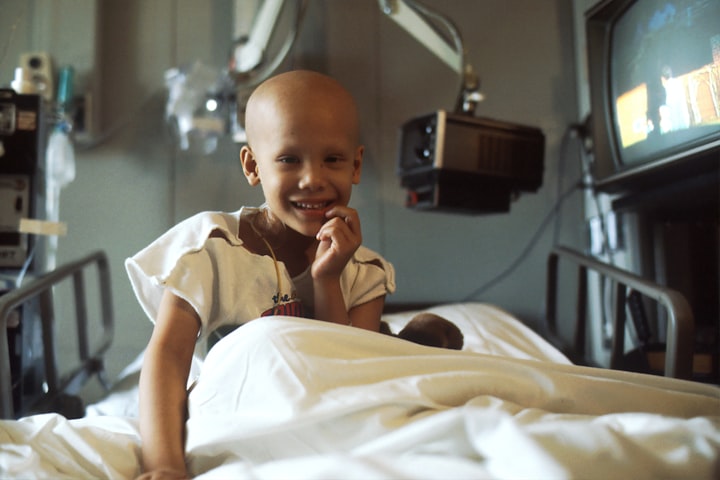
Cancer is a complex group of diseases characterized by the uncontrolled growth and spread of abnormal cells in the body. There isn't a single "cure" for all types of cancer, as it encompasses a wide range of diseases that can affect different organs and systems in the body. However, significant progress has been made in understanding, treating, and managing various forms of cancer. Here are some approaches and strategies that are commonly used in the fight against cancer:
Early Detection and Diagnosis: Detecting cancer at an early stage significantly increases the chances of successful treatment. Regular screenings, such as mammograms, colonoscopies, and Pap smears, can help identify cancer in its early stages when it's more treatable.
Surgery: Surgery involves the removal of cancerous tumors or tissues. It's often used to remove localized tumors before they have a chance to spread to other parts of the body. Advances in surgical techniques have improved precision and recovery times for patients.
Chemotherapy: Chemotherapy uses drugs to kill or inhibit the growth of cancer cells. It can be used as the primary treatment or in combination with other therapies. Chemotherapy targets rapidly dividing cells, but it can also affect healthy cells, leading to side effects.
Radiation Therapy: Radiation therapy uses high-energy rays to target and destroy cancer cells. It can be used as a primary treatment or in combination with surgery or chemotherapy. Advances in radiation therapy techniques have improved its effectiveness and reduced damage to healthy tissues.
Immunotherapy: Immunotherapy aims to boost the body's immune system to recognize and attack cancer cells. It includes various approaches such as checkpoint inhibitors, CAR T-cell therapy, and cancer vaccines. Immunotherapy has shown remarkable success in treating certain types of cancer.
Targeted Therapy: Targeted therapy focuses on specific molecular changes present in cancer cells. These therapies aim to interfere with the growth and spread of cancer cells while minimizing damage to healthy cells.
Hormone Therapy: Hormone therapy is used to treat cancers that are hormone-sensitive, such as breast and prostate cancer. It involves blocking or altering hormones that fuel the growth of cancer cells.
Stem Cell Transplant: Stem cell transplant, also known as bone marrow transplant, can be used to treat certain types of blood cancers by replacing damaged bone marrow with healthy stem cells.
Precision Medicine: Precision medicine involves tailoring treatments to a patient's specific genetic, molecular, and cellular profile. This approach aims to maximize the effectiveness of treatments while minimizing side effects.
Lifestyle Changes: Adopting a healthy lifestyle can play a role in preventing cancer and improving outcomes. This includes maintaining a balanced diet, engaging in regular physical activity, avoiding tobacco and excessive alcohol consumption, and protecting the skin from excessive sun exposure.
Clinical Trials: Clinical trials are essential for developing new and improved cancer treatments. Participating in clinical trials can provide patients with access to innovative therapies that are not yet widely available.
Patient Support and Palliative Care: As researchers continue to work on improving treatment options, patient support and palliative care remain critical aspects of cancer care. Enhancing the quality of life for cancer patients and managing symptoms and side effects are essential components of comprehensive cancer treatment.
It's important to note that cancer treatment is highly individualized, and the most appropriate approach depends on factors such as the type of cancer, its stage, the patient's overall health, and their preferences. While significant strides have been made in cancer research and treatment, complete eradication of all cancers remains a complex and ongoing challenge. It's recommended that individuals work closely with a team of medical professionals to determine the best treatment plan for their specific situation.
About the Creator
BabyFace
Writing is my passion! I have been working in the industry for about 7 years.I have been writing sales letters, articles, blog posts. Join the thousands of happy family who have been delighted with my hard work and great writing.






Comments
There are no comments for this story
Be the first to respond and start the conversation.